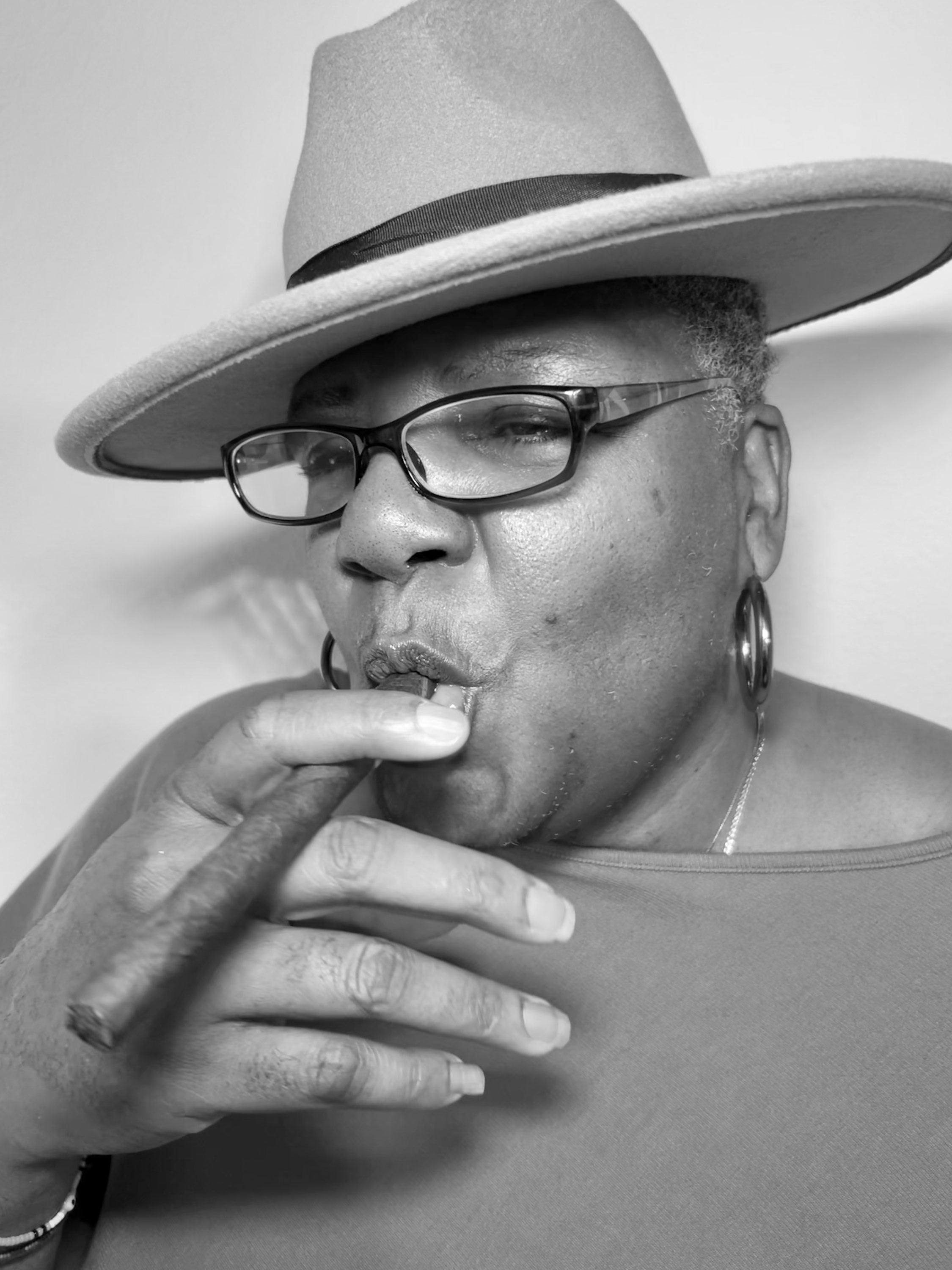Unconscious Bias Can Really F*ck With Your Personal Branding
- Brandma
- Apr 17, 2023
- 4 min read

When you take personal branding too personal you have a tendency to lead your brand based on unconscious bias. This type of leadership can cause bad decisions and unintentional audience division. Life experiences can leave you with stereotypes, prejudices, and assumptions you hold about certain groups of people. It can seep into your personal brand and have unintended consequences that make it hard for you to connect with your audience.
As a business of one, you want to weed out as much unconscious bias as possible. In return you open yourself to opportunities and audiences that can be easily missed. Let’s examine the good, bad, and ugly circumstances of unconscious bias when it comes to developing your personal brand.
The Good of Unconscious Bias In Personal Branding
If your unconscious biases align with your intended target audience's biases, you connect with them more easily and build a stronger bond. It can sometimes help you make quick decisions or judgments, which can be helpful in a fast-paced business environment.
Let’s say you’re a mindset coach. You have a positive bias towards working with middle-aged men. Maybe that’s because your personal brand attracts an audience that’s primarily middle-aged men. Your personal brand takes on an unconscious bias that resonates with them more strongly. This can work in your favor to establish a loyal following.
The Bad of Unconscious Bias In Personal Branding
Your unconscious bias can go bad when you begin to make the wrong assumptions and/or judgments because of your audience. You start making decisions about people based on factors like race, gender, or age, which can be harmful and make you a hater. If your personal brand is built on this type of unconscious biases and you try to hide it, you come across as fake which tarnishes your personal brand your.
After building an audience that is primarily middle-aged men, you begin to have negative unconscious bias towards middle-aged women. While you may accept these women as clients you treat them differently. You start comparing them to the men you work with and they don’t measure up. Now you’re getting bad reviews from women. This feeds your unconscious bias and now your audience begins to change.
The Ugly Of Unconscious Bias In Personal Branding
Shit gets ugly when your unconscious bias start to impact your bottom line. You personal brand takes on personal issues that have nothing to do with your business. You take your biases for truth and your brand message sounds more like propaganda. The audience you built is not filled with prospects you don’t want and your. Your personal brand comes off as negatively exclusionary and discriminatory. You end up building your own little hate group.
Now that your audience is full of folx who don’t like other folx the true message of your business gets lost in the noise. You become tone death because your unconscious bias says you’re right in thinking what you think and saying what you say. The unconscious bias comes back to bite you in the ass because of what folx now think of you. Instead of standing out for being different, you stand out for being a jack ass.
Let’s chat a little more and dig a little deeper into four common biases and see if you need to check yourself.
Familiarity Bias is an unconscious bias also know as mere-exposure effect. This type of bias will keep you from venturing outside your comfort zone. You want to cling to what’s familiar. You won’t network or connect with others that don’t look like you, sound like you, or even dress like you. On the audience side, it could mean loyalty to your personal brand because your audience likes to stick to the familiar.
Confirmation Bias is an unconscious bias that has you looking for and interpreting information to prove you’re right. You refuse to open yourself to differing points of view. The reason the mindset coach was right about middle-aged women is because s/he went looking for ways to confirm the bias. Surrounding yourself with folx that echo your beliefs may seem like a good thing. It takes a bad turn when it becomes selective and subjective.
Stereotyping Bias is an unconscious bias that can lead to fear, hate and disdain because it’s based on assumptions. Whether some think of your personal brand as a stereotype or you stereotype a potential audience then it can lead to misguided notions in how you approach folx. Limited perceptions based on stereotypes will have you thinking folx can’t afford you or won’t pay you. You will use your personal brand to talk down to these potential clients and lose money in the process.
Similarity Bias is an unconscious bias that causes you to feel comfortable and positive when you’re surround by folx with similar backgrounds, appearance, or experiences. This is another bias that stops you from stepping outside your comfort zone to grow your network or audience. This can intersect with familiar bias but there is a distinction between what’s familiar and what comfortable.
It's important to be aware of the impact that your unconscious biases can have on your personal brand. By taking the time to understand your them and working to mitigate their impact, you can build an authentic and genuine personal brand that resonates with a wider audience. I don't believe successful brand leaders come from a place of bias. And I'm not speaking monetarily.
Now, take a moment to reflect on your own biases and how they might be impacting your personal brand.














Comments